ICRC to raise budget and relocate staff
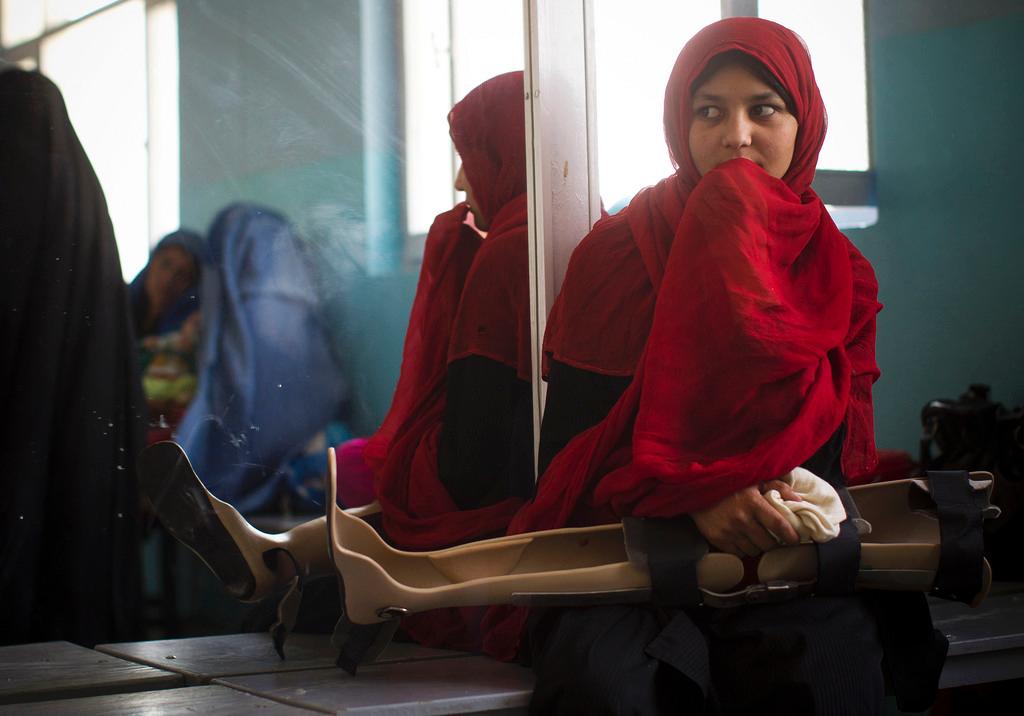
The International Committee of the Red Cross (ICRC) is asking its donors for CHF1.6 billion ($1.68 billion) to help millions of people affected by armed conflict or other violence. At the same time, it said it would relocate certain activities from Geneva to cheaper cities in 2015.
This amount, the largest ever requested by the ICRC, represents a 25% increase over the initial appeal made by the organisation last year.
“This record budget is required to meet the needs and fit our response to the changing nature of armed conflict,” said ICRC President Peter Maurer at the launch of the organisation’s emergency appeals on Thursday.
“We are witnessing new kinds of crises, in new combinations, often with a regional dimension. We are no longer simply facing traditional internal or international armed conflict. Gaining access and proximity to ever greater numbers of people in need while coping with increasingly severe security constraints is a fundamental challenge for us.”
The ICRC’s 2015 budget includes the initial figures of CHF1.38 billion for field operations and CHF194.4 million for support provided by the organisation’s headquarters in Geneva.
Maurer said it was necessary to reduce administrative costs in order to channel money into field operations. “We are doing our utmost to be as efficient as possible,” he said, adding that the relocation would be carried out “in a measured way and introduced gradually in 2015”.
He stressed that the ICRC was a “social employer” and would do everything to limit the impact of this decision on its staff.
‘Overriding challenge’
In a statement on Thursday, the ICRC said now more than ever, millions of people in increasingly volatile situations stood in need of protection and assistance.
“Crises in Syria, Gaza, Iraq, South Sudan, Ukraine and elsewhere are having a devastating effect on civilians. In West Africa, a region already struggling to recover from years of conflict, the Ebola epidemic has tested the capacities of fragile health services and is further exacerbating economic and food insecurity,” it said.
For Maurer, “an overriding challenge now is to find and pursue more innovative ways of responding to needs that will enable us to bring aid more effectively and rapidly to those who require it, and to take into account their own views on what they need”.
He pointed out that the ICRC often brings aid to people in remote areas, such as northern Mali and certain parts of Nigeria, which few other humanitarian organisations manage to reach, and that it will continue to do so.
Tough year
The ICRC said the current year has been very difficult in terms of security, with three staff losing their lives in the Central African Republic, Libya and Ukraine.
In Syria, where three ICRC staff are still being held, 40 Syrian Arab Red Crescent volunteers have been killed since the beginning of the conflict almost four years ago. “Now as ever, the ICRC is striving to manage the fine balance between providing humanitarian aid where it is needed and making sure that its personnel are not exposed to undue risk,” the organisation said.
In addition, the ICRC would strengthen its partnership with national Red Cross and Red Crescent societies around the world, especially in the event of large-scale emergencies, and expand contacts with other organisations and groups of influence.
“In the ever more complex and dangerous environments in which we are carrying out our activities, it is critical that we cooperate more closely with others – while maintaining our neutral, impartial and independent approach to humanitarian work – in order to maintain or gain access to the people who require our help and better respond to their growing needs,” Maurer said.

In compliance with the JTI standards
More: SWI swissinfo.ch certified by the Journalism Trust Initiative
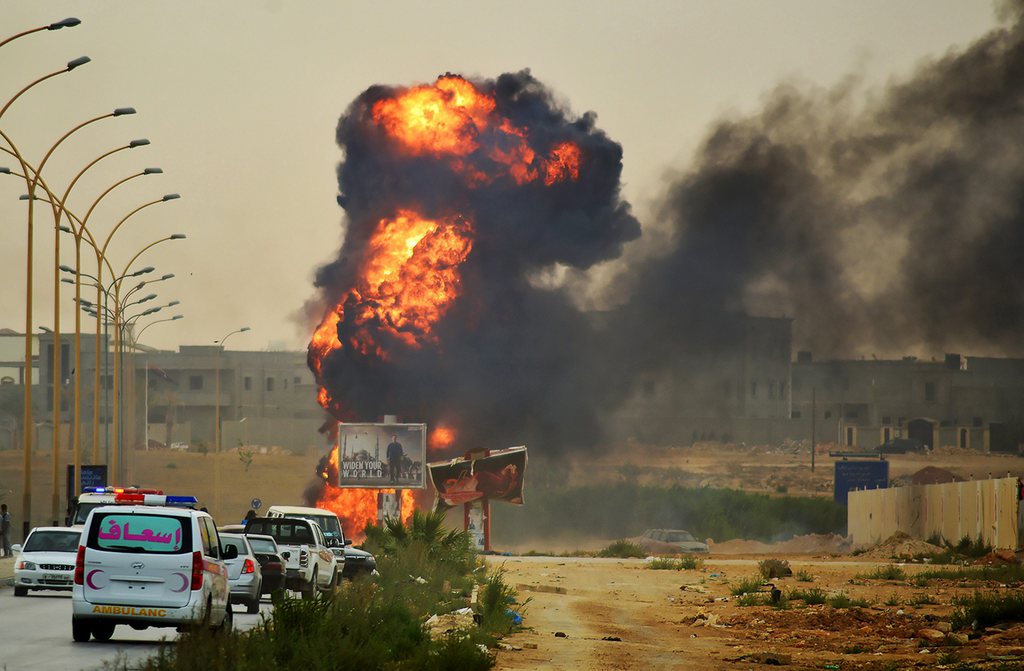
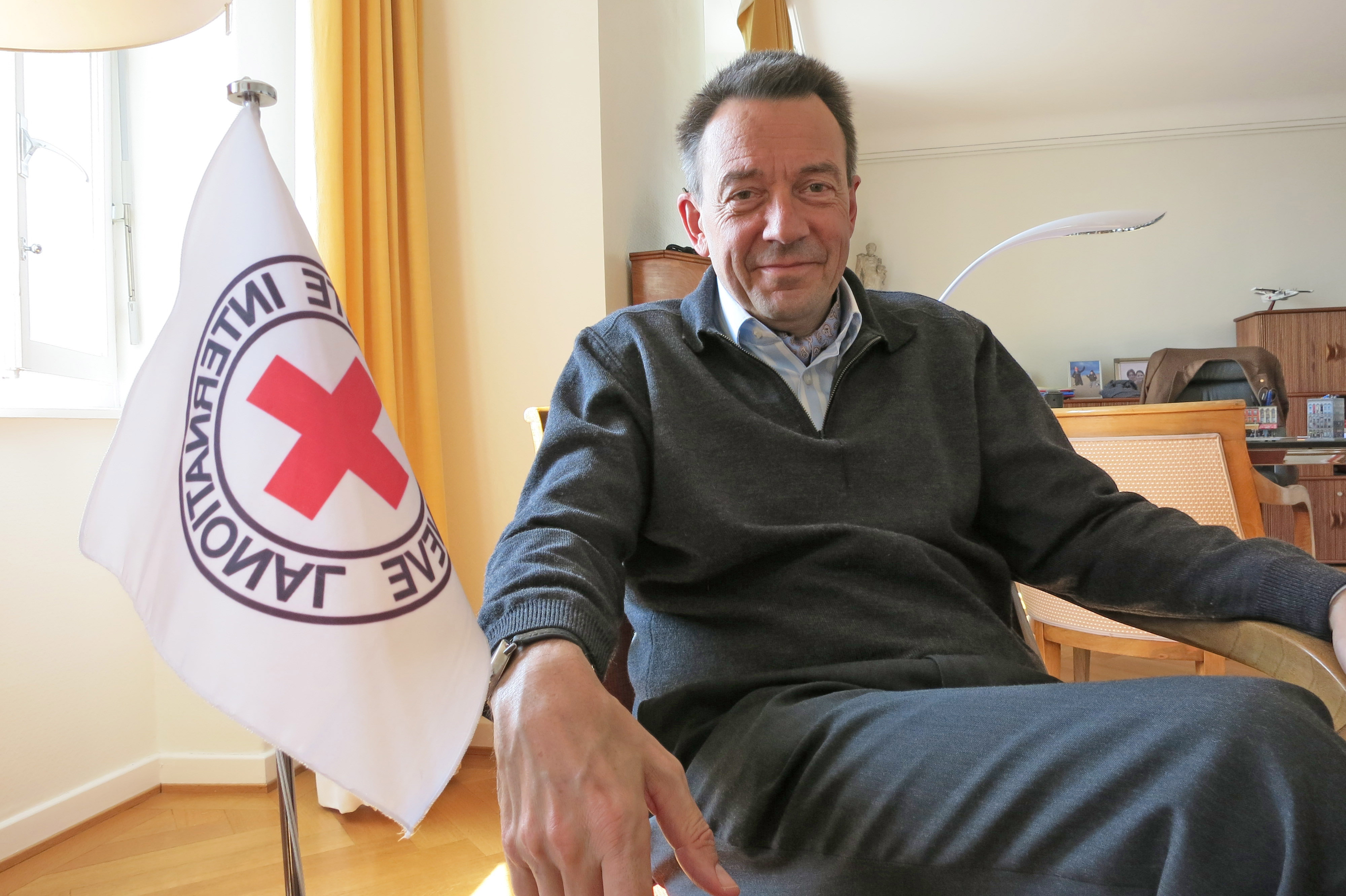
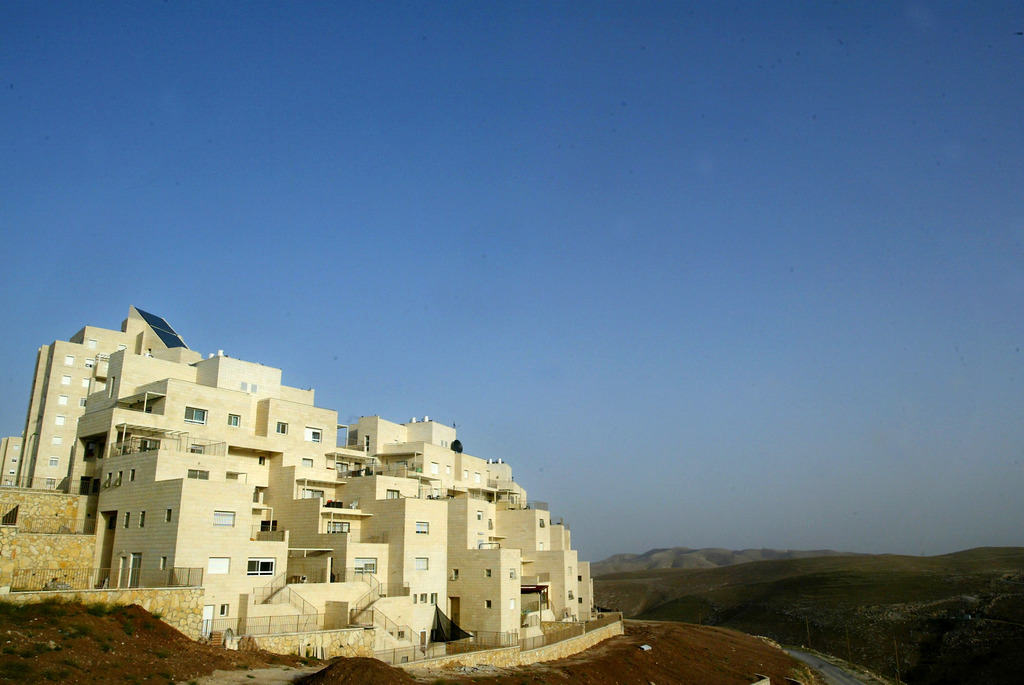
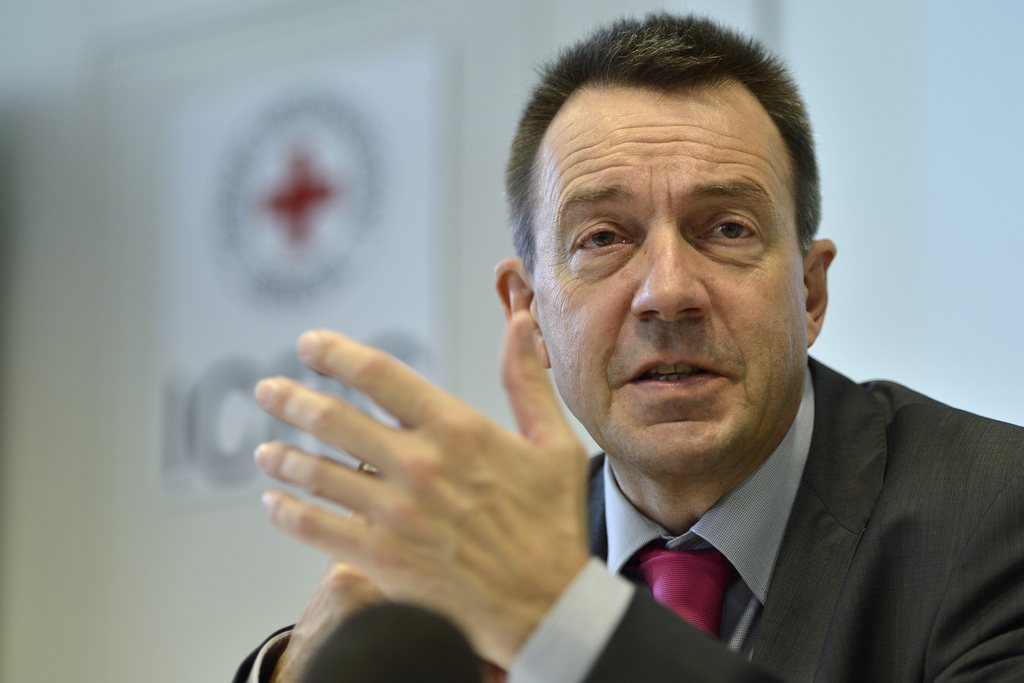
You can find an overview of ongoing debates with our journalists here. Please join us!
If you want to start a conversation about a topic raised in this article or want to report factual errors, email us at english@swissinfo.ch.